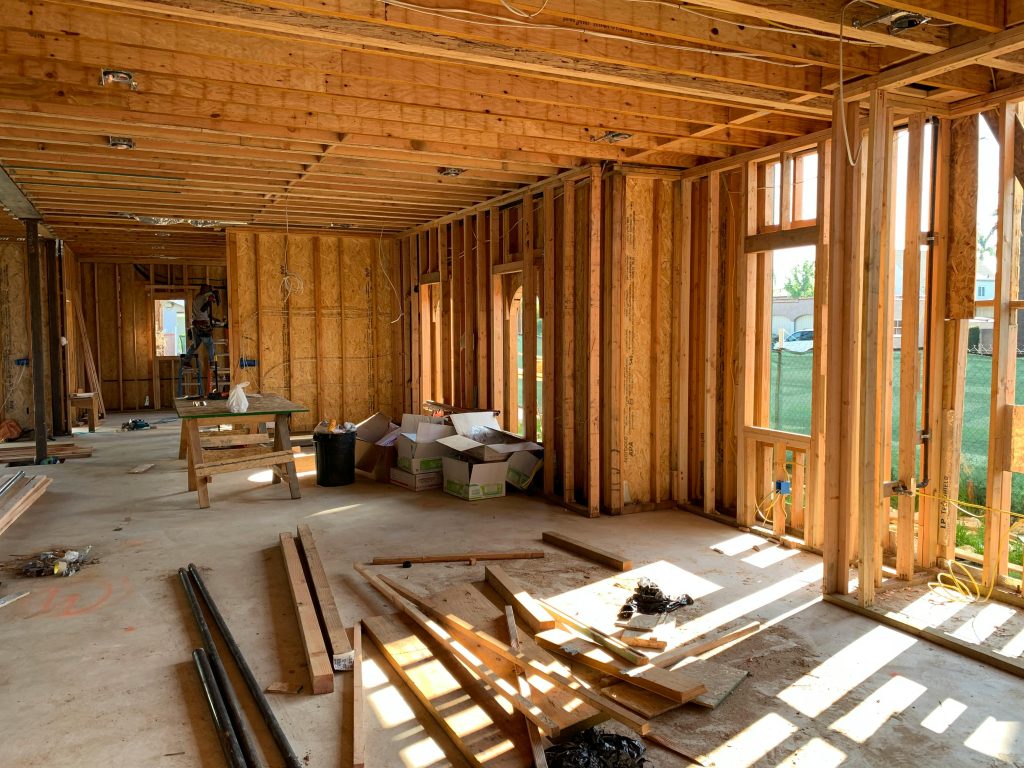
Setting & Stakes
In the Memorial area, a 3,000‑square‑foot home was reduced to studs. The PM wanted remote eyes on the site and fast access to plans without sending crews to coffee‑shop Wi‑Fi. Utilities were partial; a new ISP was weeks away.
Constraints & Risks
Active demolition, ladders, sawdust, and changing pathways. Cables had to be protected and obvious, not improvised. Generator power would arrive mid‑week; the design needed to ride through voltage changes without hiccups.
Design & Deployment
We set the dish with a clear sky window and routed cable along a fence line, securing every crossing. Three access points split the load—trailer office, interior work zone, materials yard. A wired drop fed the NVR so cameras never competed with tablets.
Operations
We monitored each morning and stopped by mid‑week when the electrician shifted a ladder path. The reroute took ten minutes and didn’t touch the cameras. Crews uploaded photos into the project log and pulled PDFs on demand.
Outcome
The site ran without connectivity‑driven delays. The PM reviewed footage nightly and issued notes for the next day. The pattern is consistent: wire the critical path, keep SSIDs stable, and treat cable safety as part of the build.
Metrics
| Setup time | ≈50 minutes |
| Wi‑Fi zones | 3 (Trailer, Interior, Yard) + wired NVR |
| Backhaul | Satellite (clear sky; fenced cable routing) |
| Data used | 120 GB (weekly) |
| Peak throughput | 90/12 Mbps (down/up) sustained |
| Devices | 20–30 work devices; 8 cameras |
| Priority | Cameras and trailer traffic prioritized |
